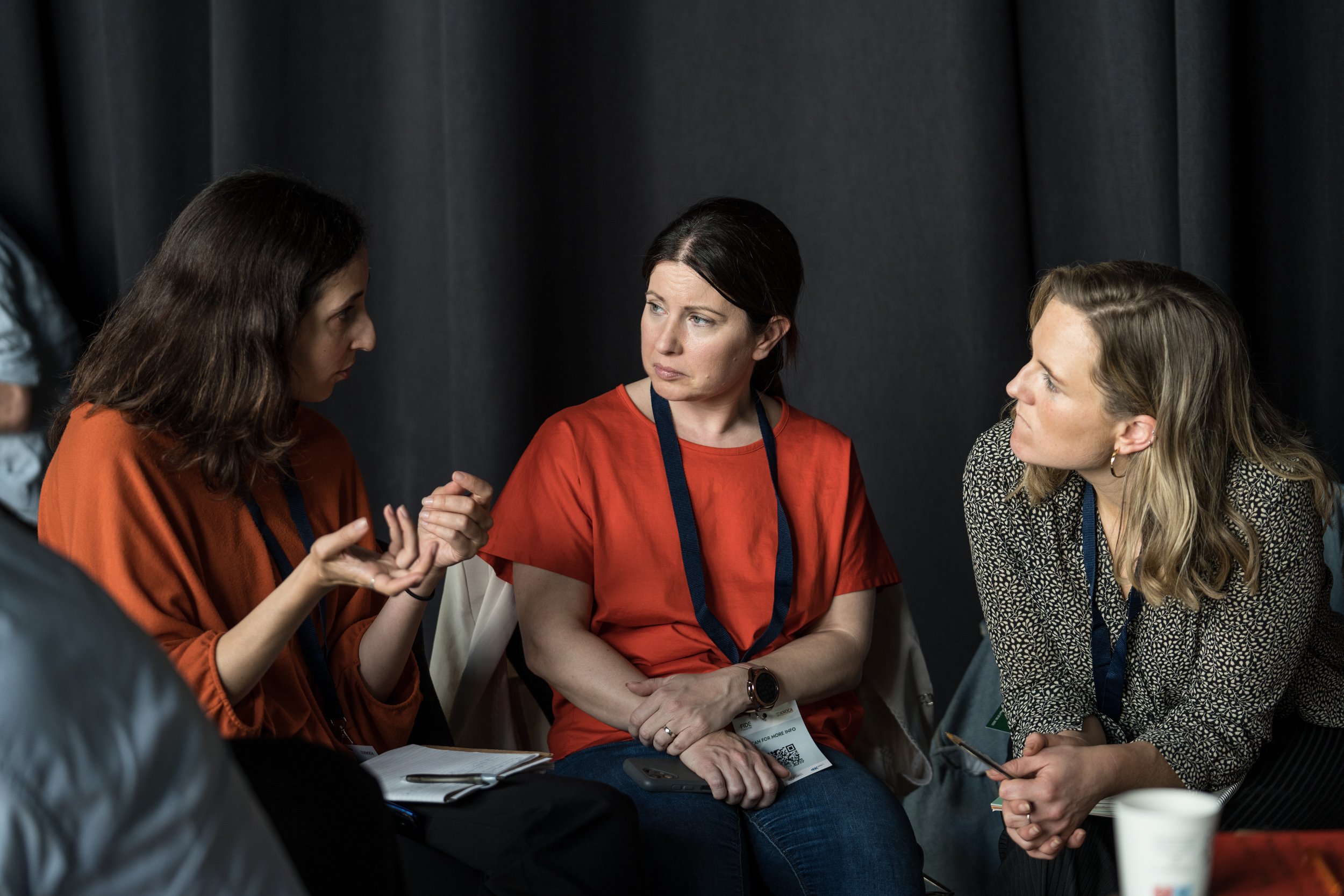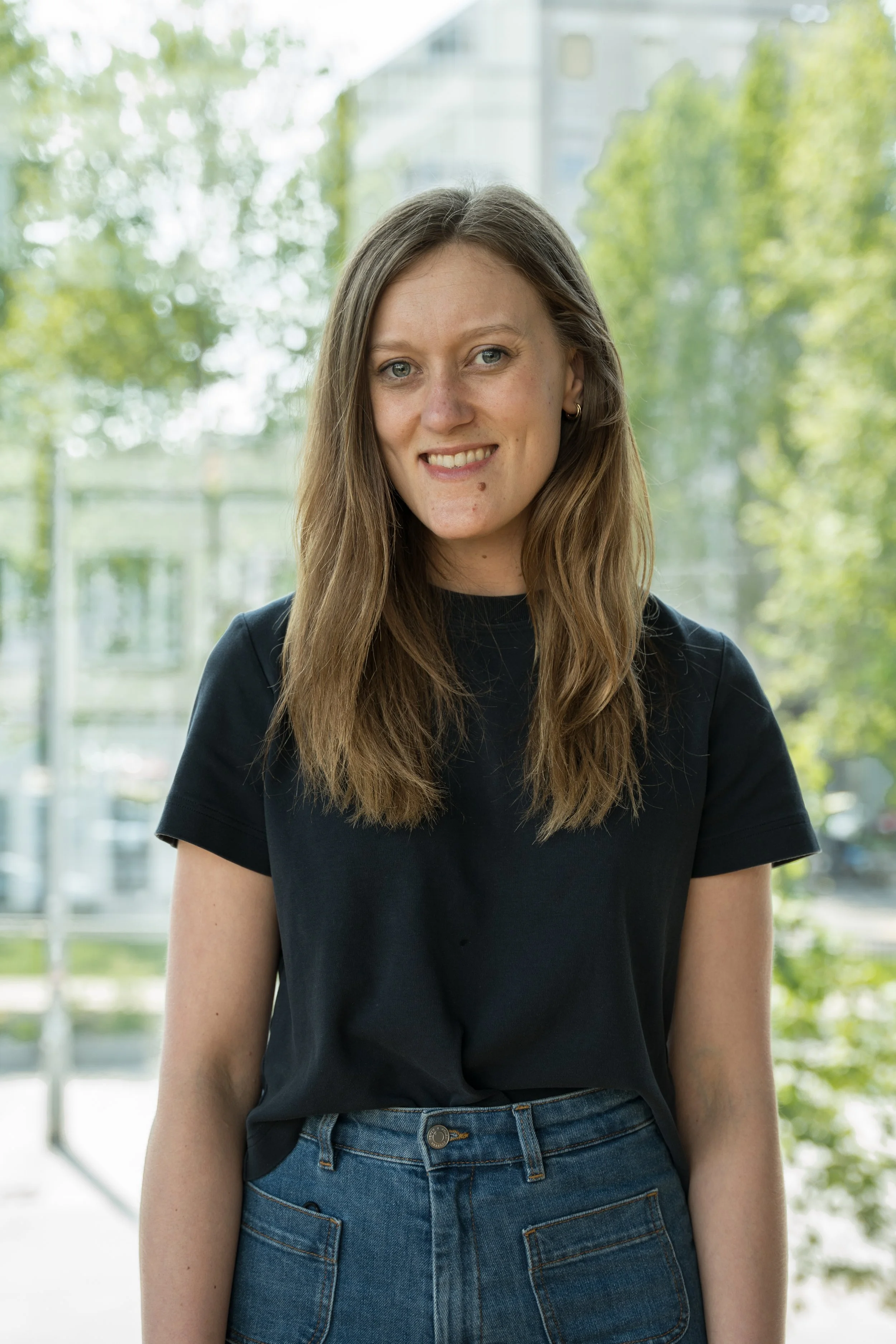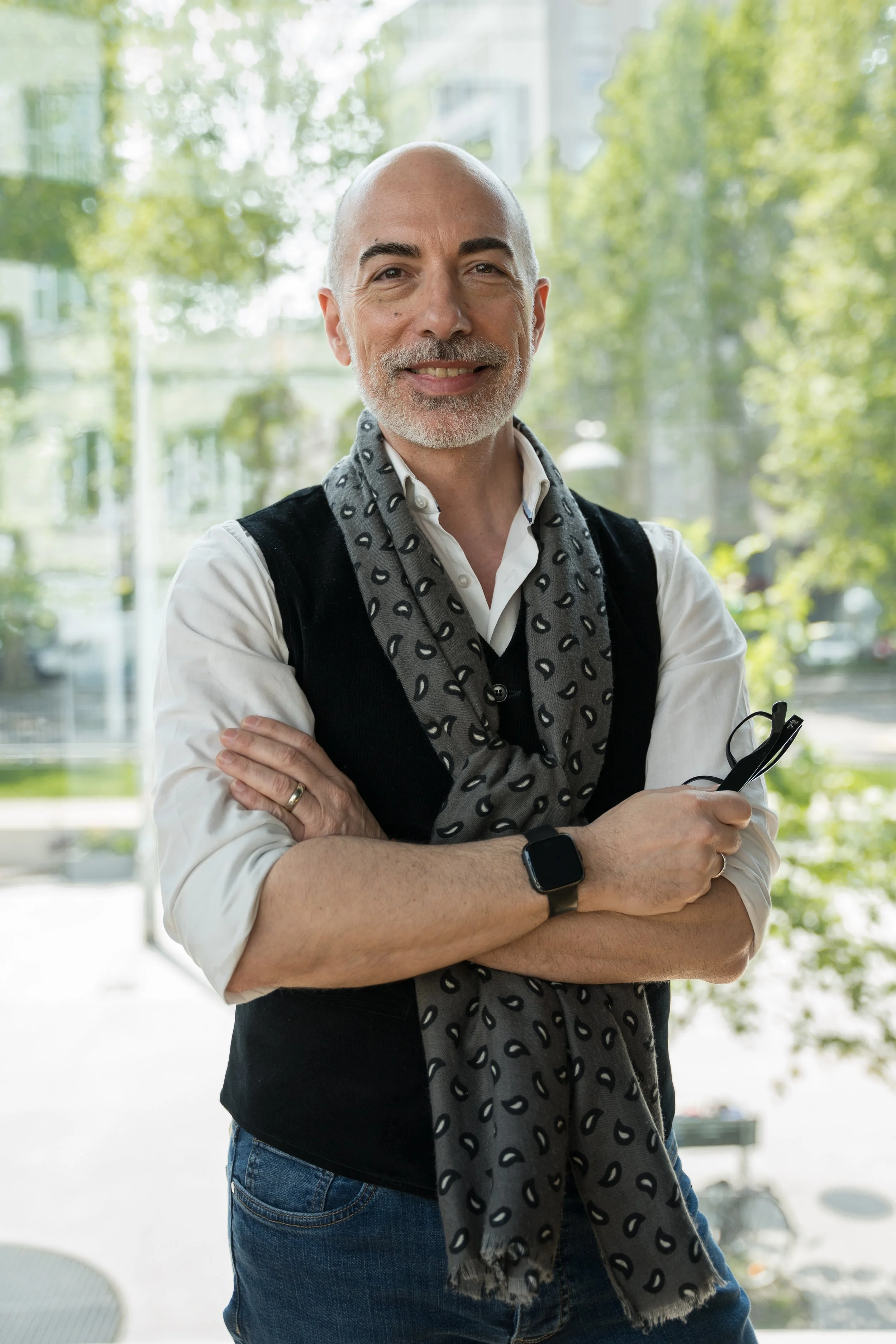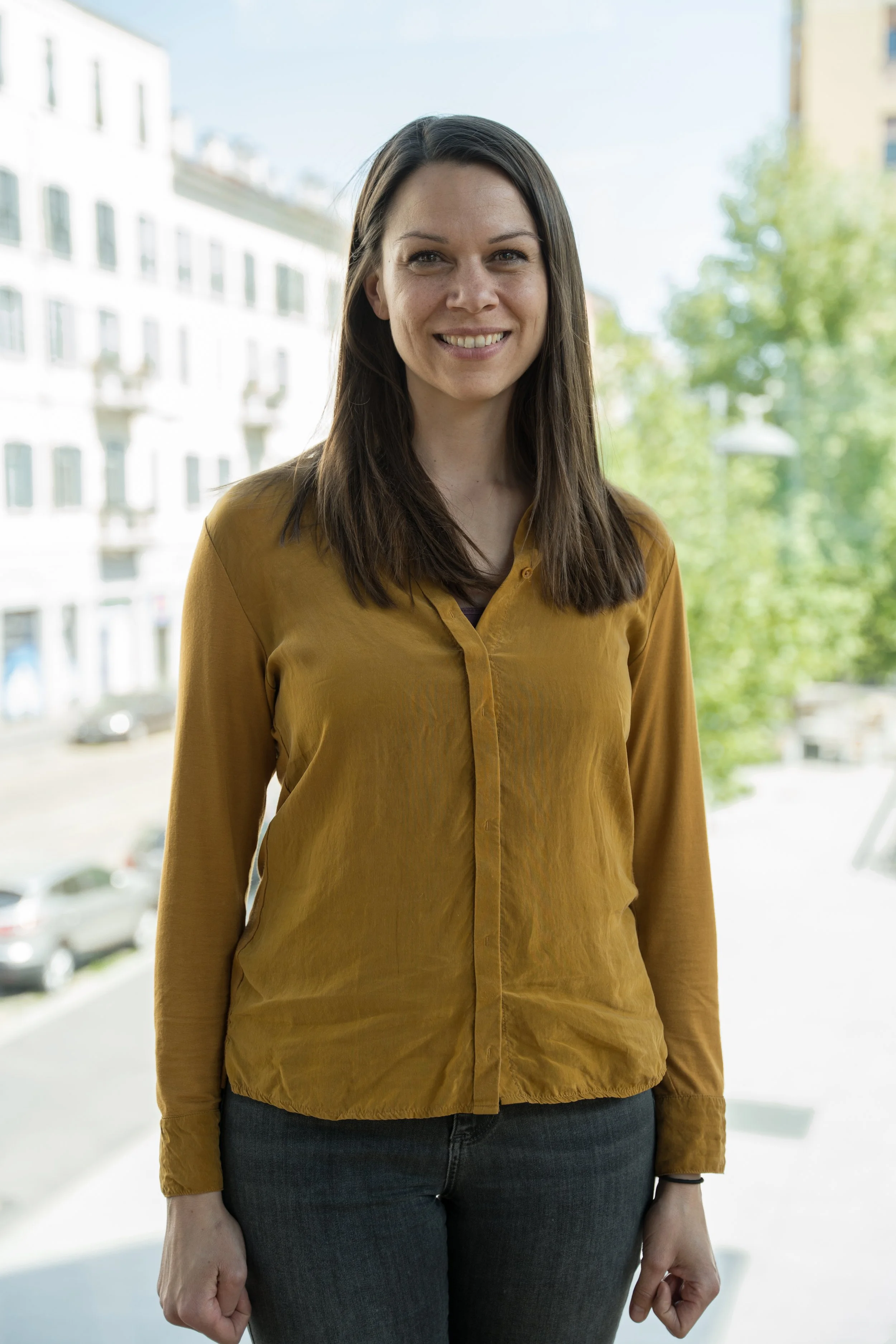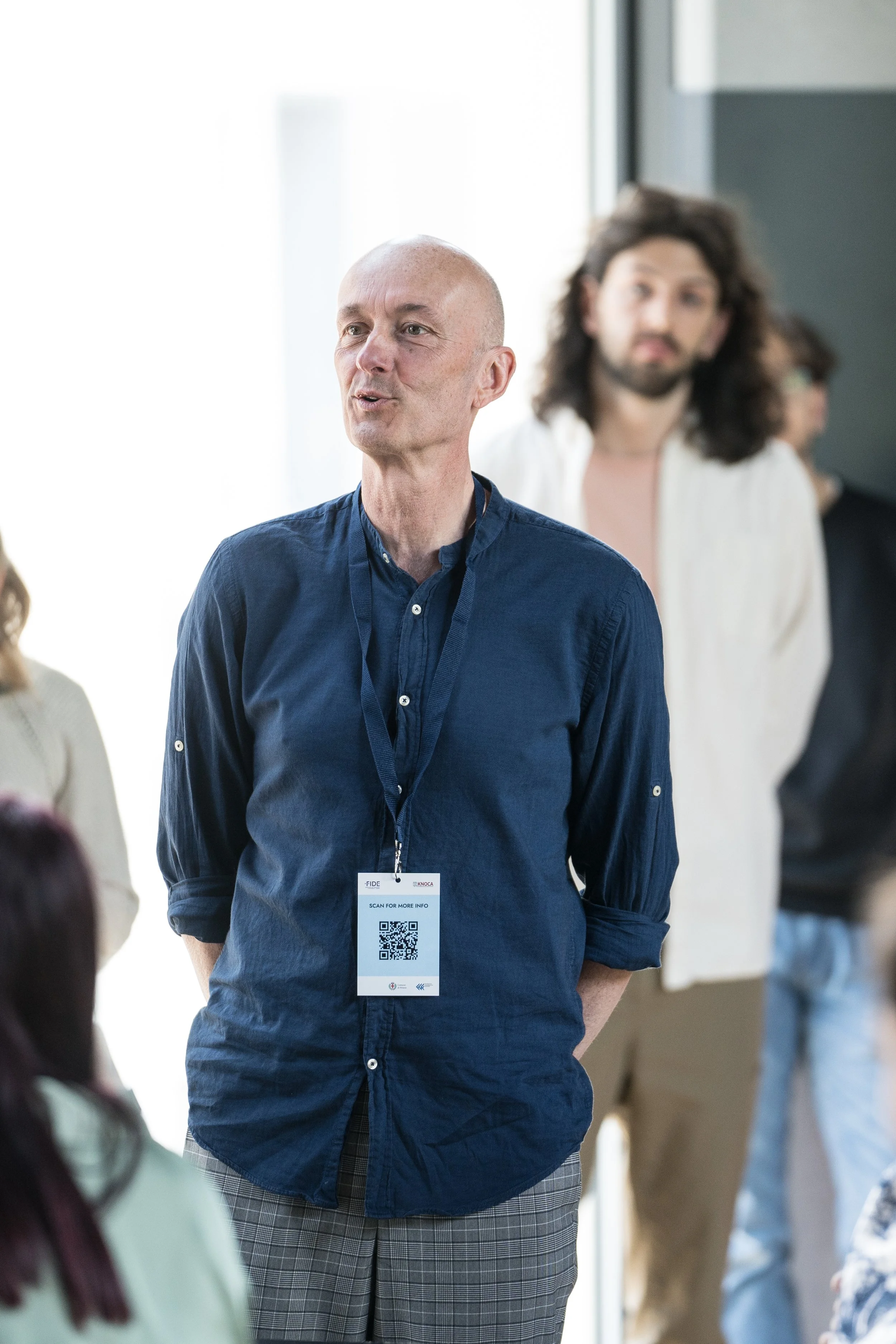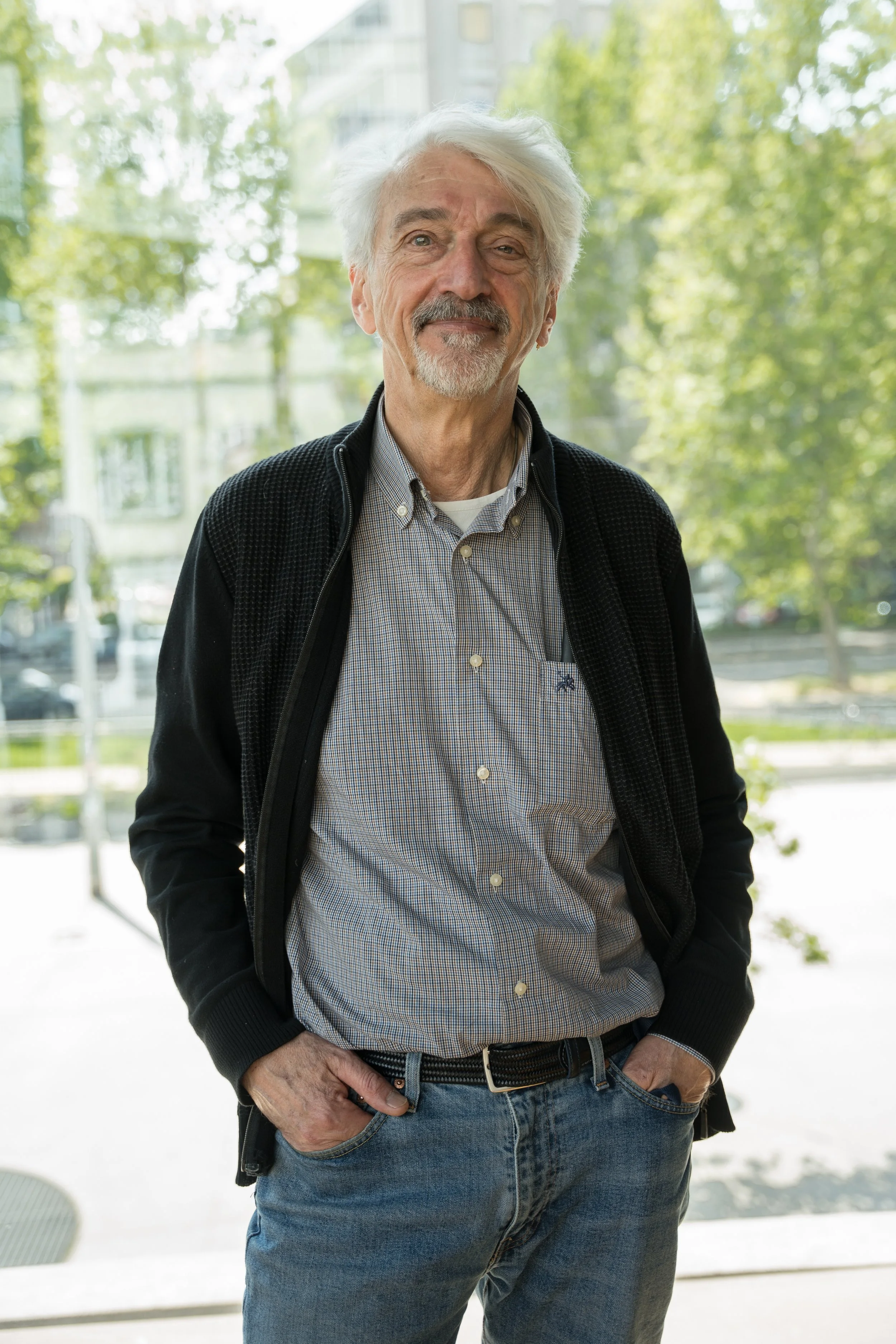In the spring of 2023, more than 50 participants gathered in Milan for a 2-day-long intensive learning experience. Policy-makers, civil servants and practitioners delved into the ins and outs of Climate Citizens' Assemblies. The programme combined presentations from cases across Europe and group work fostering participants' experiences and knowledge. The event was organised by KNOCA and FIDE, in partnership with the Fondazione Giangiacomo Feltrinelli and the City of Milan.
The far-reaching climate plans adopted in Europe at all levels of government are often portrayed as a technical domain. However, climate policies entail diverse sets of consequences in the social and political arenas. The legitimacy of these strategic and long-lasting decisions requires greater societal deliberation. The growing number of Climate Citizen's Assemblies across Europe is an attempt to fulfil the need to include the public in the discussion. This addresses the need to engage younger and future generations, overcome short-termism and increase trust in political institutions. Given the transnational nature of environmental issues, the school serves to strengthen the network of professionals and practitioners working in the field of deliberative democracy and climate across Europe.
During the 2 days, leading experts in the field of Deliberative Democracy shared their experiences from real-life climate assemblies. Their sessions broke down the different elements of the design, implementation and follow-up of these deliberative processes. How do you frame the question? What governance structures should you consider to ensure a robust process? How to ensure the integration of the assembly into ongoing policy processes? How to select and present complex evidence to participants? These are just some among many other relevant considerations to ensure an impactful deliberative process.
WATCH THE RECORDINGS
FROM LEADING EXPERTS ON CLIMATE CITIZENS’ ASSEMBLIES ACROSS EUROPE
-
This session was recorded at the Spring School on Climate Assemblies by Fide and Knoca, between 27-28 April 2023. Yves Dejaeghere gives a brief introduction to the event and locates Climate Citizens' Assemblies in the broader context of Deliberative Democracy.
Yves Dejaeghere is the Executive Director of FIDE. From 2018 to 2020 he was the coordinator of the Belgian G1000 organization, a think tank with expertise in the use of sortition and deliberative democracy. He has acted as an expert amongst others for the European Court of Auditors, the Organization for Economic Cooperation and Development, the European Commission, the Council of Europe, the Organization for Security and Cooperation in Europe and a number of local, regional and national governments.
Link to the presentation: https://drive.google.com/file/d/1jED3eqE8DHVmclq6yaU9ay42tPxYG3nX/view?usp=drive_link
Resources available from the Spring School: https://drive.google.com/file/d/1U9FHhY8fKiyFTJOPMi1xRpKuU3VTjn85/view?usp=drive_link
-
This session was recorded at the Spring School on Climate Assemblies by Fide and KNOCA, between 27-28 April 2023. Kelly McBride is talking about how to frame the questions that a Citizen’s Assembly will deliberate on.
Kelly McBride is a Deliberative Democracy Lead at TPXimpact. She is dedicated to building democratic infrastructure to ensure that citizens have the governance, organisations, and society that is supported and ready to deliver ambitions for more participatory democracy. At TPXimpact she works with a multidisciplinary team to explore the role of organisational design and change, service design and technology alongside her participation interests. She has been part of the organising team of the Citizens' assembly of Scotland or the Scotland's Climate Assembly among other deliberative processes.
Link to the presentation: https://drive.google.com/file/d/1IchgLyPvdHaeMCywp8HBvQwbNMOGGCea/view?usp=drive_link
Resources available from the Spring School: https://drive.google.com/file/d/1U9FHhY8fKiyFTJOPMi1xRpKuU3VTjn85/view?usp=drive_link
-
This session was recorded at the Spring School on Climate Assemblies by Fide and KNOCA, between 27-28 April 2023.Mark Beanland provides an introduction to the core elements of recruitment in Climate Citizens’ Assemblies.
Mark Hessellund Beanland is the lead coordinator of the Knowledge Network on Climate Assemblies where he drives project development, network activities, and public engagement. Mark works as a senior project manager at The Danish Board of Technology and runs local, national, and international citizen engagement and innovation projects. In this capacity he was the lead moderator and organizer of the local Danish Climate Assembly in Aarhus municipality.
Link to the presentation: https://drive.google.com/file/d/1QEFr3FFk8mNPM2No5bqmo8EKfHV9TyjE/view?usp=drive_link
Resources available from the Spring School: https://drive.google.com/file/d/1U9FHhY8fKiyFTJOPMi1xRpKuU3VTjn85/view?usp=drive_link
-
This session was recorded at the Spring School on Climate Assemblies by Fide and KNOCA, between 27-28 April 2023. Eva Bordos talks about how to select and present the evidence that the experts provide to the people of a citizen’s assembly on their topic.
Eva Bordos is the director of DemNet, one of the largest and oldest development NGOs in Hungary. She is a member of the board of the Hungarian Association of NGOs for Development and Humanitarian Aid (HAND) and is actively involved in numerous pan-European development networks. She has also worked for the British Embassy in Budapest, OSCE, UNICEF and the Regional Environmental Center for Central and Eastern Europe (REC). Eva has overseen the design of the Climate Assemblies in Budapest, Miskolc and Érd.
Link to the presentation: https://drive.google.com/file/d/1WNJWeY72eRWeMEppbPxPQv_Lx6BIzC5D/view?usp=drive_link
Resources available from the Spring School: https://drive.google.com/file/d/1U9FHhY8fKiyFTJOPMi1xRpKuU3VTjn85/view?usp=drive_link
-
This session was recorded at the Spring School on Climate Assemblies by Fide and KNOCA, between 27-28 April 2023. Graham Smith talks about the key elements of impact when a citizens' assembly aims to affect policymaking. Graham provides real-life examples of embedding and institutionalisation from Scotland, Ireland and Belgium.
Graham Smith is Professor of Politics and Director of the Centre for the Study of Democracy at the University of Westminster. He is the Chair of KNOCA and Chair of the Foundation for Democracy and Sustainable Development.
Graham is an international expert on climate assemblies and was recognised by Apolitical as one of the Top 100 Most Influential Academics in Government. He is the author of ‘Can Democracy Safeguard the Future?’
Link to the presentation: https://drive.google.com/file/d/1x8m9QtXyiROacNr1FgOzRt9LnSFx6s0N/view?usp=drive_link
Resources available from the Spring School: https://drive.google.com/file/d/1U9FHhY8fKiyFTJOPMi1xRpKuU3VTjn85/view?usp=drive_link
-
This session was recorded at the Spring School on Climate Assemblies by FIDE and Knoca, on 27-28 April 2023. Lise Deshautel provides an overview of the governance structure of citizens' assemblies through the case of the French Citizens' Convention on Climate.
Lise Deshautel is a political advisor with more than ten years’ experience in EU and national policy-making, political campaigning and more recently, capacity building for citizen participation in climate policies in Europe. A former advisor to the chair of the French Climate Assembly, she co-founded the Knowledge network on climate assemblies (KNOCA) supported by the European Climate Foundation.
Link to the presentation: https://drive.google.com/file/d/1h03H0LI4lff6sIJWTb_v0TZ9_EE4uRs6/view?usp=drive_link
Resources available from the Spring School: https://drive.google.com/file/d/1U9FHhY8fKiyFTJOPMi1xRpKuU3VTjn85/view?usp=drive_link
WORKSHOP SPEAKERS

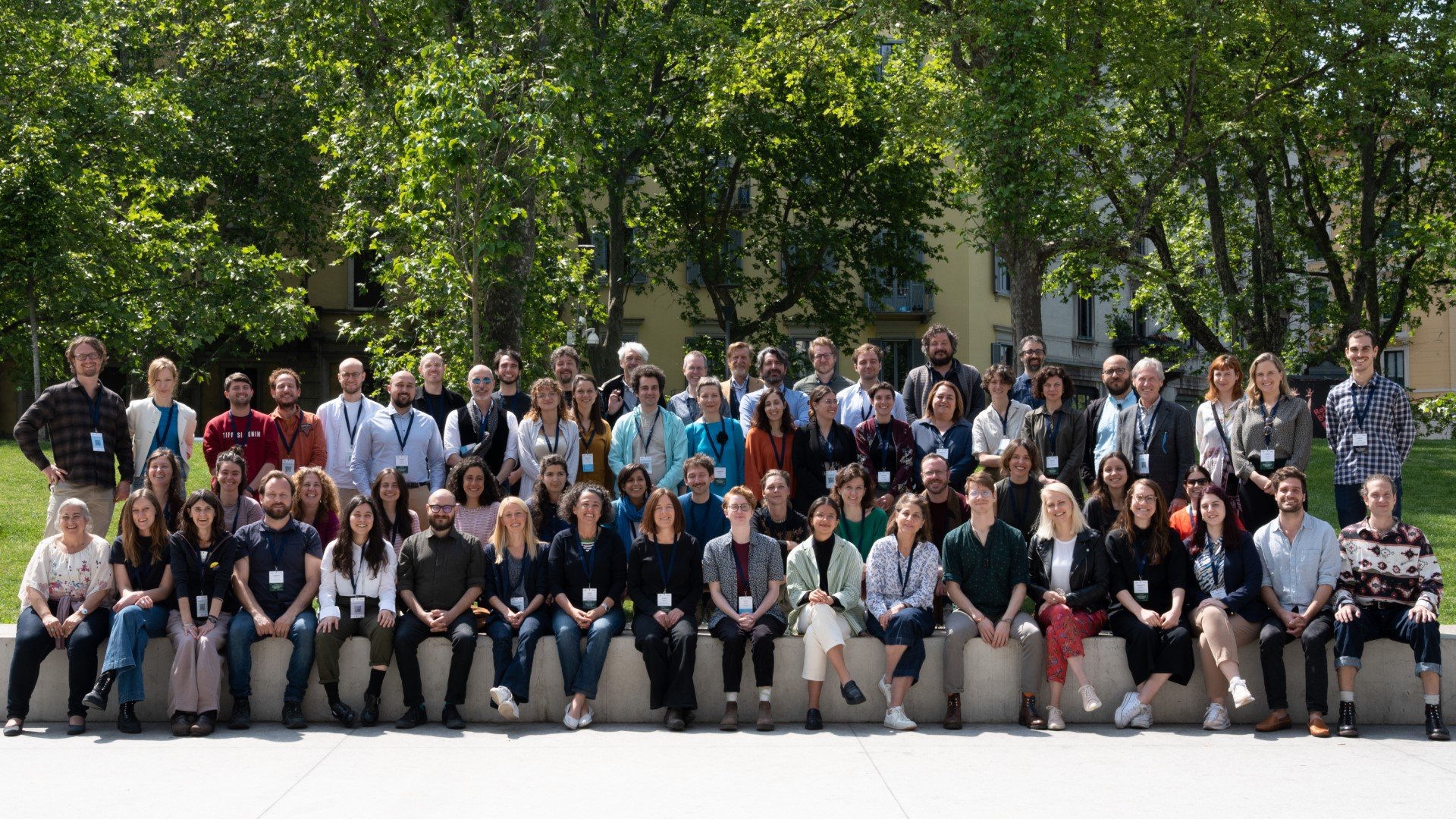
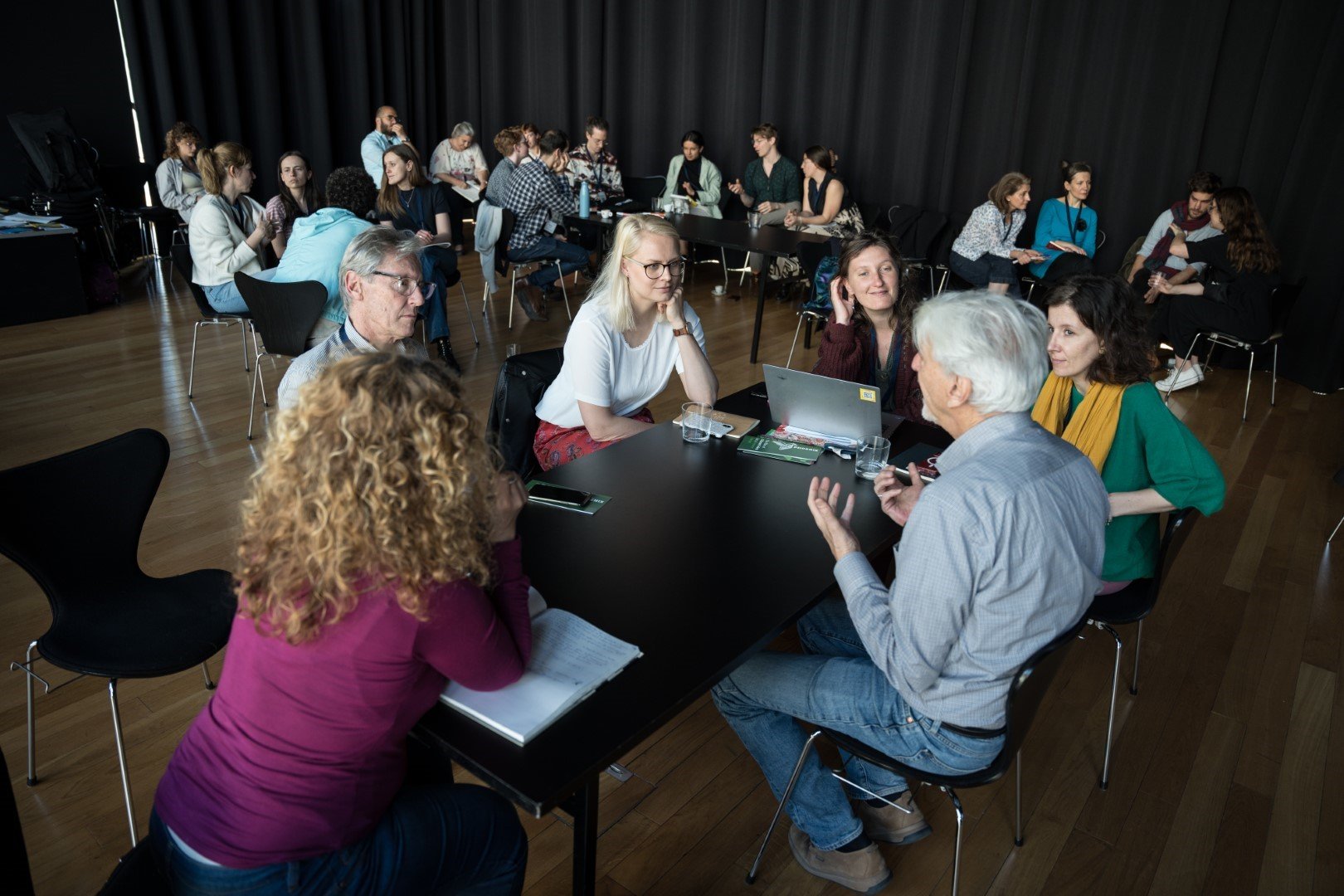
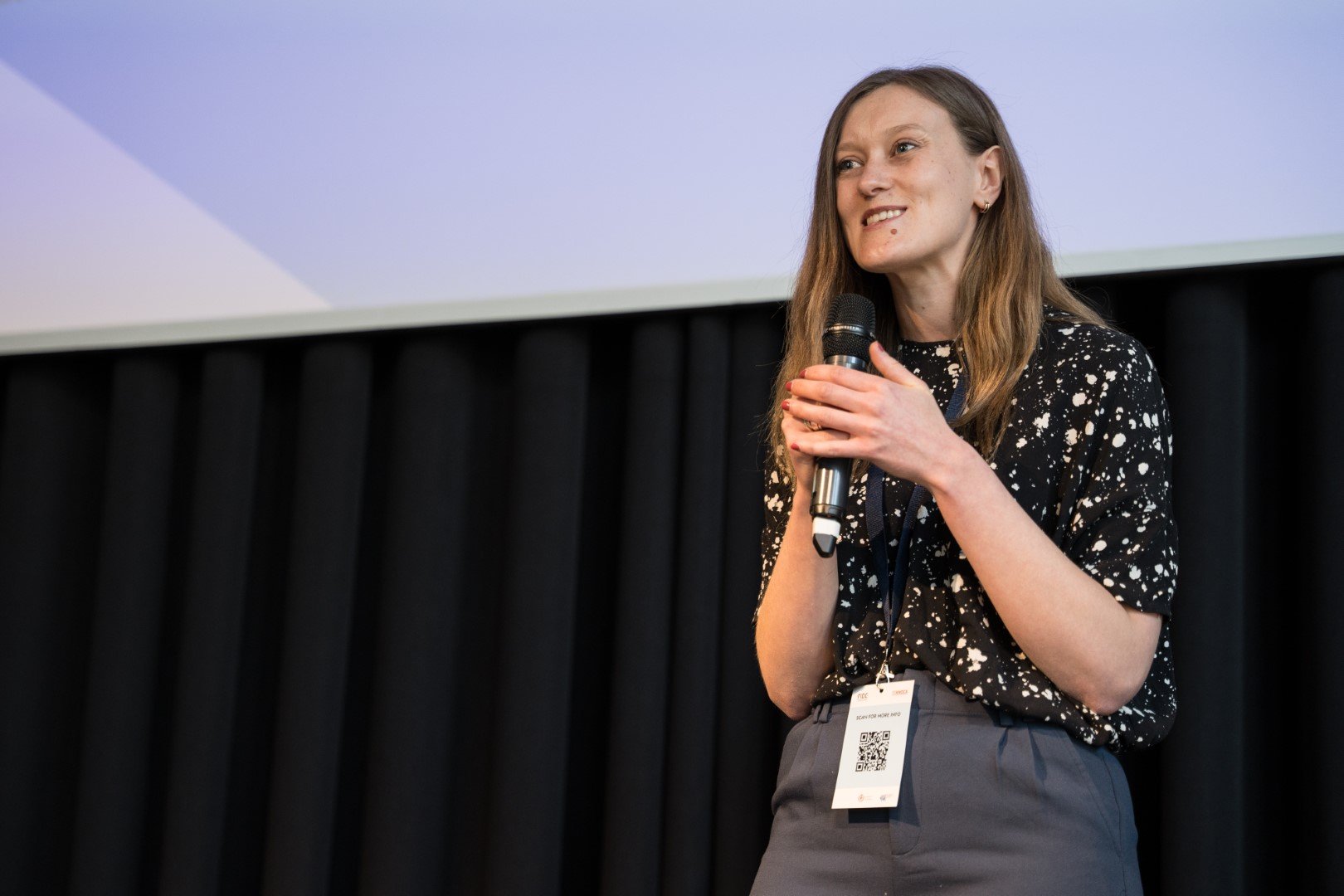
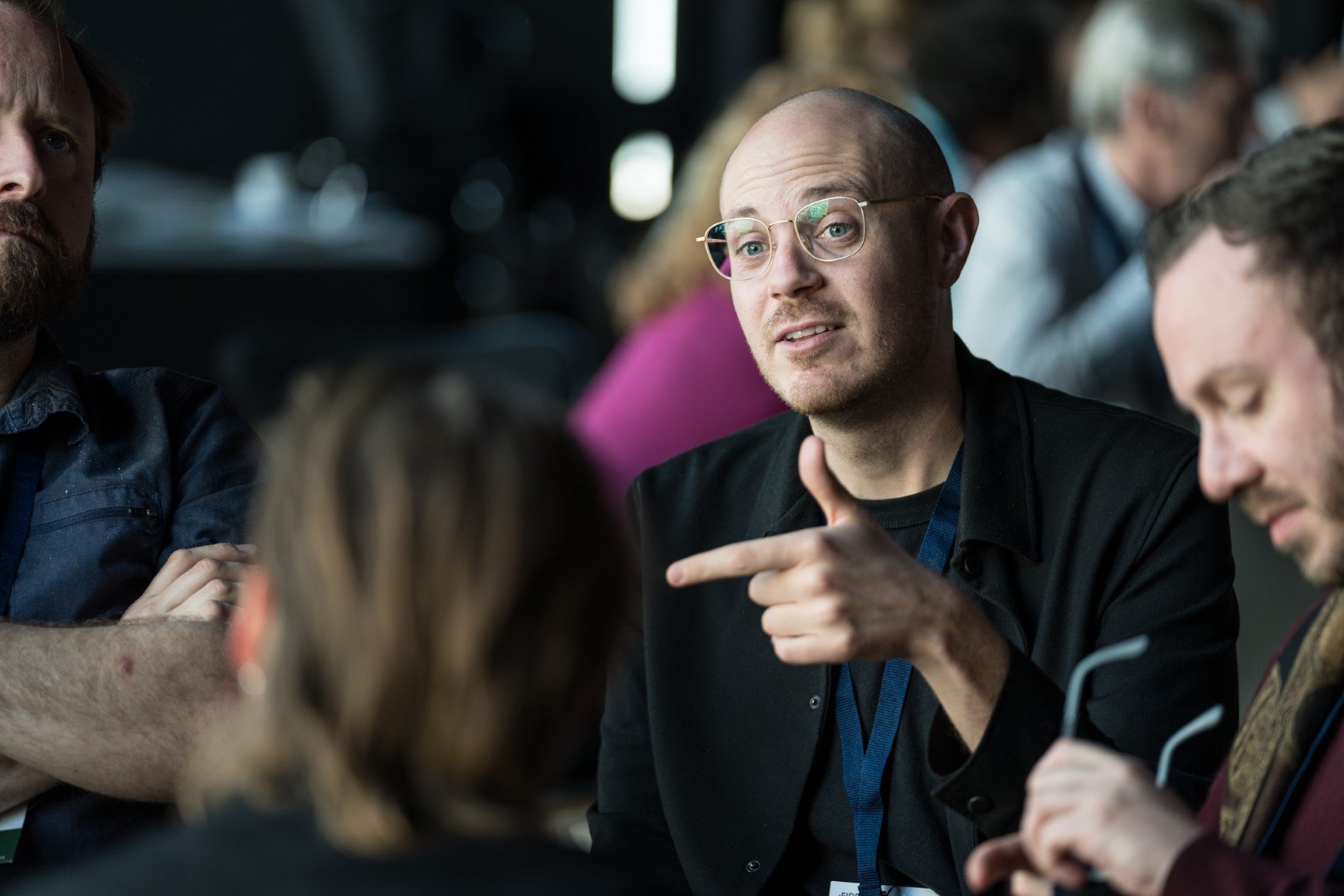
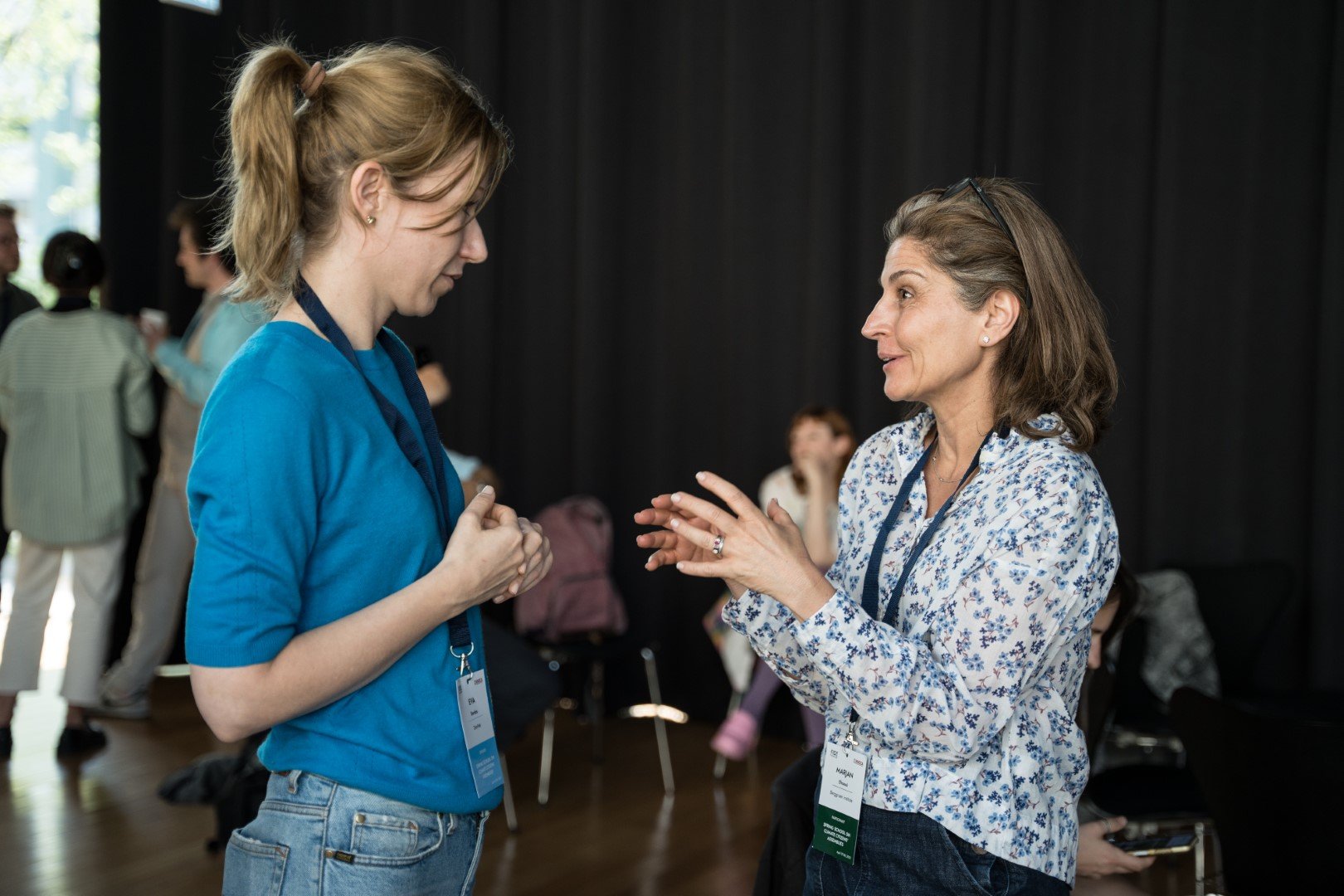
School’s resources
-
-
Yves Dejaeghere: Introduction-to-climate-assemblies
Kelly McBride: Framing-Getting-the-question-right
Mark Beanland: Recruitment-Mark-Beanland
Eva Bordos: Selecting-and-presenting-evidence
Graham Smith: Embedding-climate-assemblies
Lise Deshautel: Governance
-
Children and young people: they certainly have a moral entitlement regarding climate issues. How can we get them engaged in the process?
Engaging stakeholders: they are, in the end, a crucial part of implementing the recommendations but how can they be integrated?
Communication: clear and honest communication is crucial to help the general audience understand the principles behind the process and ensure political commitments.
Citizens’ juries as an alternative: what other formats of deliberative processes exist, and what are their use cases?
The Italian context: Italian Policy and legal aspects of citizens’ assemblies.
-
-
On this page, you can find information about one of FIDE's deliberative schools. A capacity-building event aiming to develop the necessary democratic skills in our institutions and civil society. Capacity-building is one of the three main pillars of FIDE's activities. We are a network of democratic innovators working to advance citizens' role in policy-making. If you want to learn more about our other schools and events, click here.


